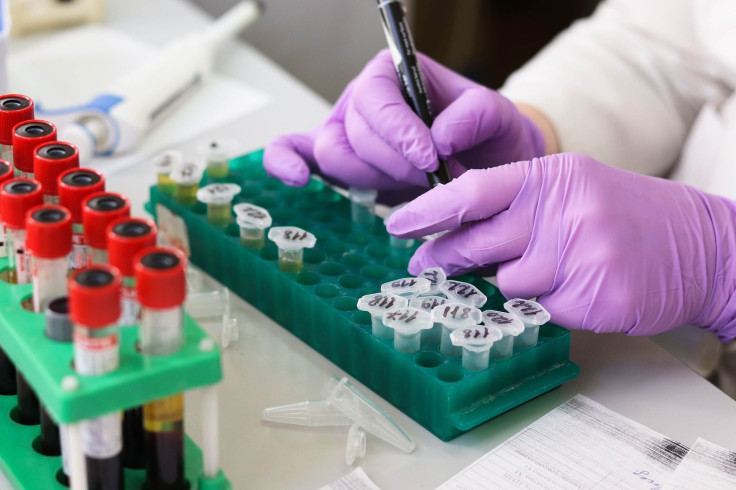Two Separate Injections May Replace Lifetime Of Pills For HIV Patients

The University of Nebraska Medical Center (UNMC) announced Tuesday a possible cure for Human Immunodeficiency Virus (HIV).
UNMC revealed that a group of researchers at the university have come up with a new discovery to treat the disease.
The research was led by Brent Koster, who is the executive director for the Nebraska AIDS Project. They used 23 humanized mice for the study. These animals had the ability to bear the similarities of human immune response. They were genetically modified by the researchers with the help of an ART called Laser Art.
Koster and his team found that they managed to eliminate HIV from the infected mice. The scientists did it by slowly releasing antiviral drug with the help of gene-editing technology called CRISPR-Cas9. It allows the scientists to disable certain genes or add new ones.
“It's mind-blowing. When something like this happens, the main thing we see kind of spread through our agency is hope,” Koster said.
A quick fact-check on currently available HIV treatment:
Around 37 million people worldwide are living with HIV and they are at high risk of developing Acquired Immune Deficiency Syndrome (AIDS) if left untreated, according to the Joint United Nations Program on HIV and AIDS (UNAIDS)
Current HIV treatment, which includes lifelong antiretroviral therapy (ART), cannot eliminate the virus from human body. It can only suppress the ability of this virus to replicate. If a patient stops taking this drug, then the virus will gradually rebound and integrate the DNA sequence into the immune system’s genomes of cells. This will make it difficult for the drug to destroy the virus.
The researchers at UNMC are now looking forward to a world where two separate injections can replace a lifetime of pills. “The research discovery means that our research programs are growing. Eradication is something that we thought was science fiction just a few years ago,” Michael Dixon of UNMC said.
The study, titled Sequential LASER ART and CRISPR Treatments Eliminate HIV-1 in a Subset of Infected Humanized Mice, was published on a journal Nature Communications. It was done by the academics at UNMC in association with the scientists from Temple University in Philadelphia.
Meanwhile, Koster said the new discovery is likely to have a major impact on Omaha’s economy. “I think the fact that Omaha really has some really emerging science, technology and research is going to be one of those things that really draws folks to the area,” he told FOX 42 News.
“It lets them know that we're really serious about the work that we do, particularly in our field of helping people who are living with HIV,” he added.
© Copyright IBTimes 2024. All rights reserved.




















